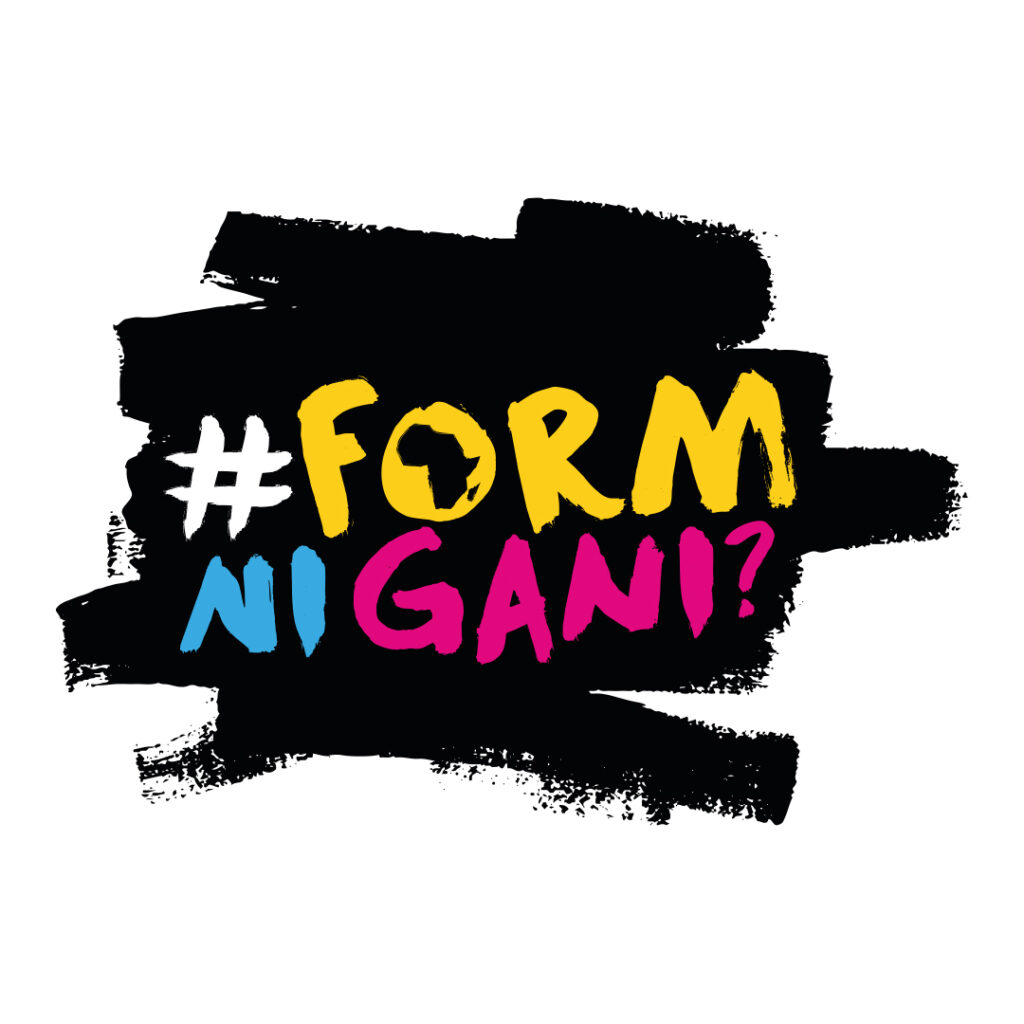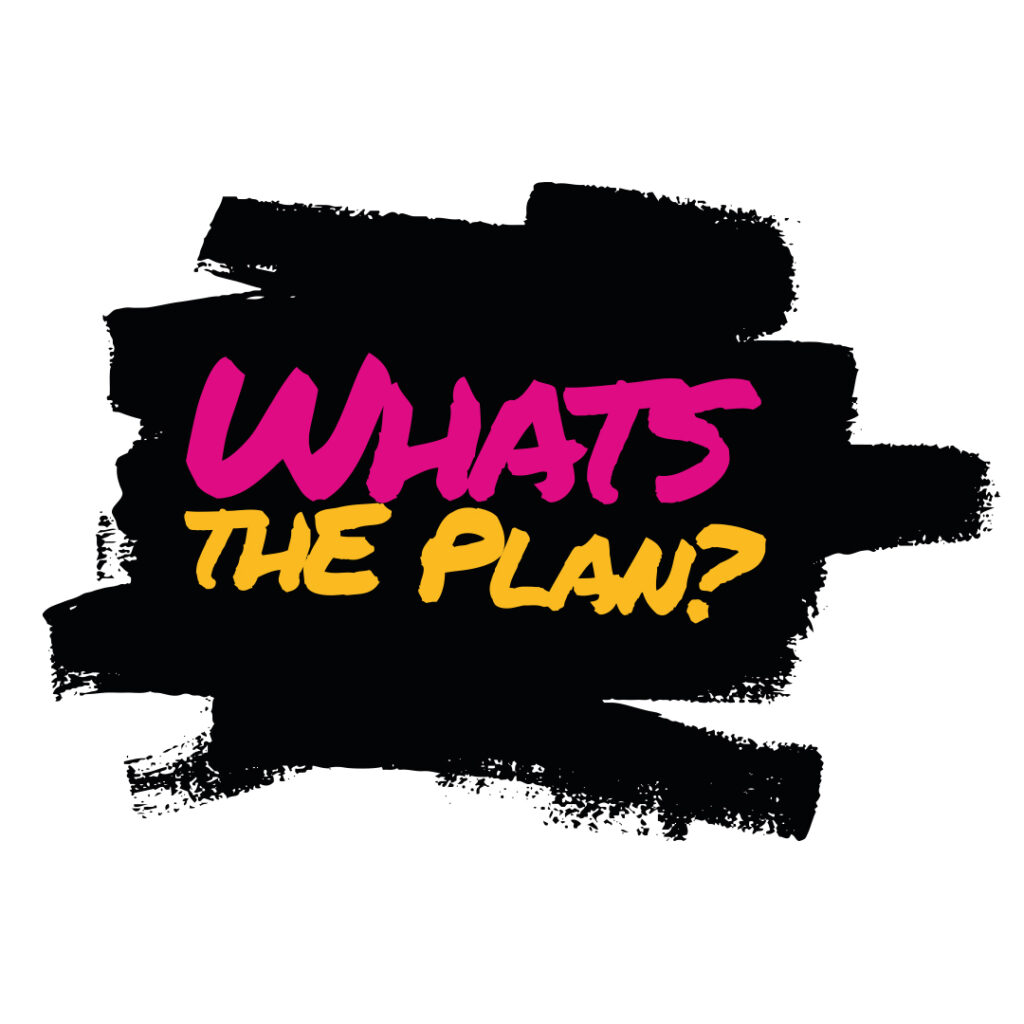#FormNiGani
#FormNiGani, which translates as “What’s the plan?” in Sheng, is an inclusive platform for all Kenyans, led by Kenyan youth, creatives, and opinion shapers. The platform’s purpose is to help young Kenyans’ creatively frame, discuss, and showcase positivity for contraception to achieve their constitutional right to quality family planning.
The majority of Kenyans are young: 75 per cent of the population is under 35 years of age. We talked to hundreds of young Kenyans who expressed their need and want for contraception. Yet, the taboo surrounding sex had stifled public discussion, hindered advocacy, and limited access to family planning services and contraception. Kenyan youth weren’t being heard, but the #FormNiGani movement is determined to change that.
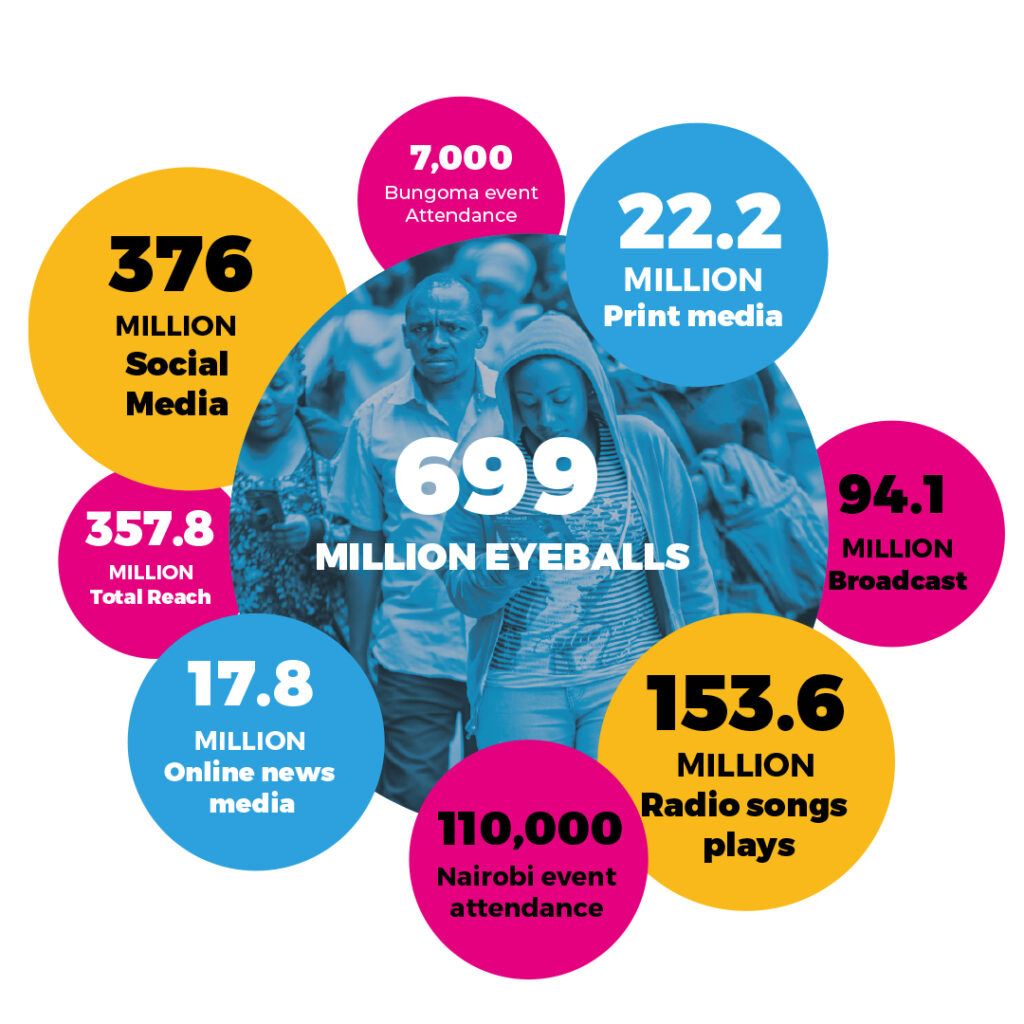
The strategy behind the movement’s fast growth involves four phases:
- Create the space: Break the taboo surrounding discussions about sex, showcase positivity for contraception.
- Link contraception with personal futures: Position contraception as vital to achieving personal future plans.
- Frame the future of Kenya around the importance of contraception: Use future scenarios to start a national debate.
- Mobilise young advocates in new ways: Provide content, creative support, and training.
In 2018
#FormNiGani’s collaborators, creators, and opinion shapers include musicians, comedians, dancers, poets, activists, boda boda drivers, youth champions, comic book writers, graffiti artists, stylists, and journalists. After kicking off things by asking: ‘What if men could get pregnant?’, we linked contraception with personal futures to position contraception as key to achieving future plans. The plethora of activities ranged from pregnant men dancing in front of parliament, an original song, concerts, and photography exhibitions to a boda boda race, an animated graphic novel, dance challenge, and one of Kenya’s largest unofficial football tournaments with combined male and female teams.
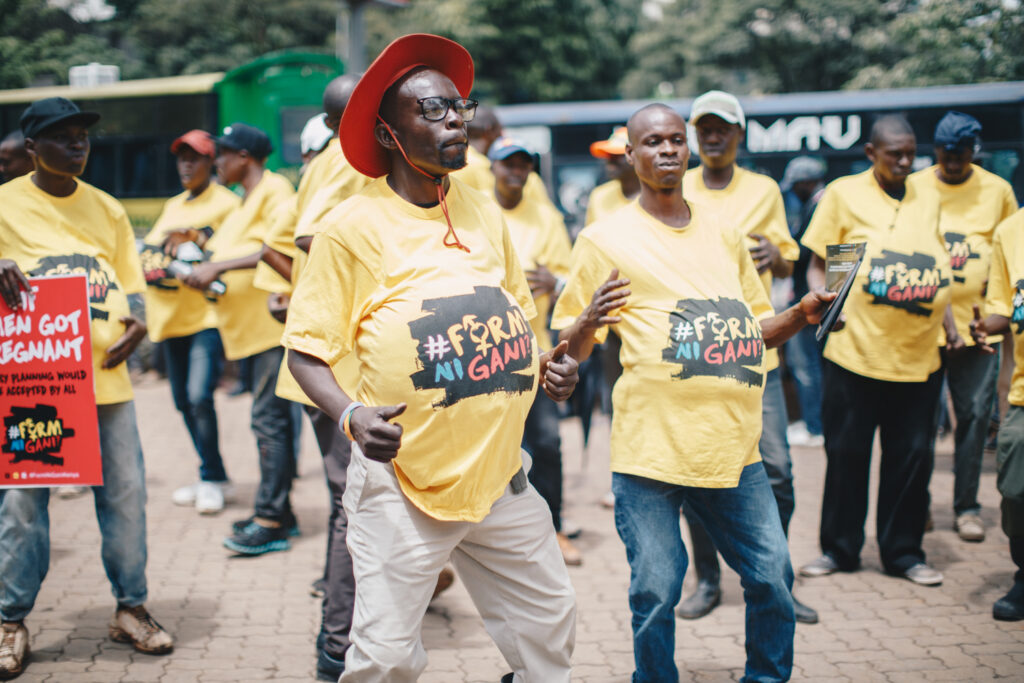
In 2019
We began framing the future of Kenya and the importance of contraception by collaborating with youth to determine future scenarios and start a national debate. We kicked things off by bringing the pregnant president of Kenya in 2063 (the Kenyan centenary year) to the present. She was accompanied by an afro-punk styled entourage and 100 female time warriors who handed out a #FormNiGani newspaper edition from the utopic future Kenya. A photography exhibition presented Kenyans as they would look in 2063 and showcased their dreams for the future.
During the same year, we established #FormNiGani Future Kenya Think Tanks in Nairobi and Bungoma. Using data and imagination, we created four alternative scenarios of Kenya in 2030 with and without adequate access to contraception, outlined in the Kenya in 2030: Young Voices on Future Scenarios and Contraception report. Based on the future scenarios, we mobilised young advocates in new ways and challenged the youth to come up with ideas on what needs to happen today to make the future of Kenya thrive. Young Kenyans believe the country’s future can be bright – if contraception is made available to everyone.
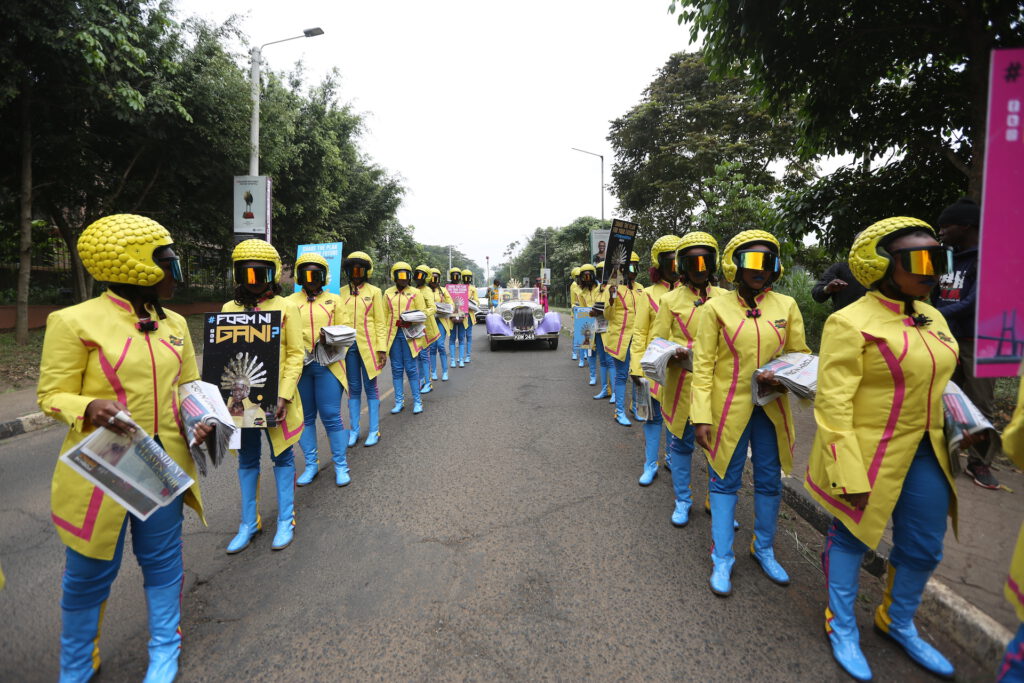
In 2020
#FormNiGani took a new direction after Kenya reported its first case of COVID-19 on 13 March 2020, from physical spaces to online events. In May, we challenged creatives, poets and musicians to start a debate on contraception in the time of the pandemic through our #FormNiMistari challenge. We also reconvened the #FormniGani Future Kenya Think Tanks to establish Futures 2.0 and write the Young Kenyan Voices: COVID-19 & Contraception report. In the report, we built on the previous year’s Kenya in 2030 report by adding COVID-19-related stressors to the healthcare system and sexual and reproductive health space. The outcomes included scenarios around the state of sexual and reproductive health among youth and marginalised communities and a roadmap for rebuilding contraception access in post-pandemic Kenya.
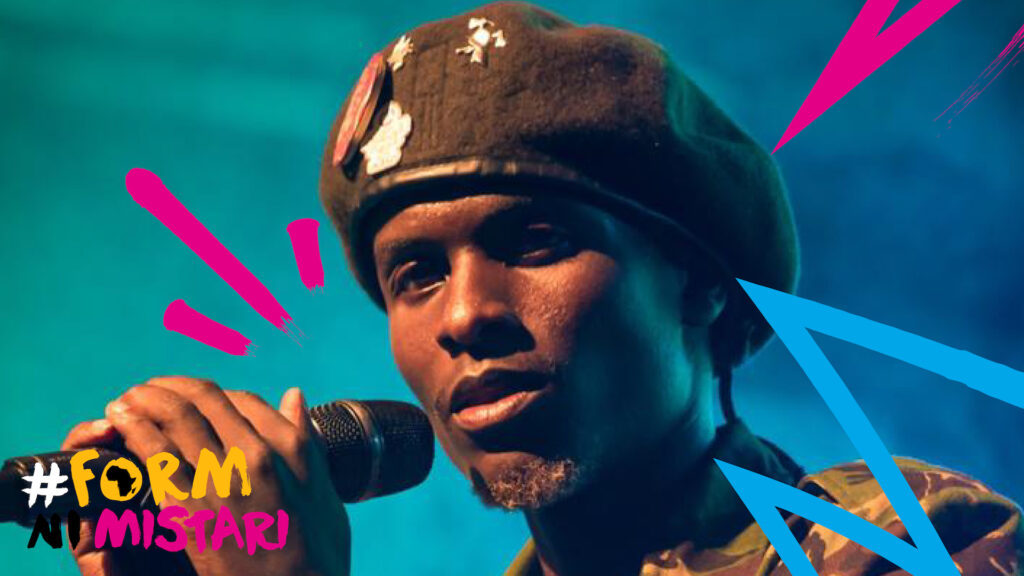
In 2021
The movement continued creating awareness and need for contraception access and family planning by continuing its social mobilisation efforts through another successful creative challenge. #FormNiKurepresent challenged Kenyan youth to use their creativity and artistic skills to highlight the urgent need for contraception services that meet the needs of young Kenyans. It brought attention to the challenges young Kenyans have experienced due to the pandemic, including reduced access to contraception information and methods. The challenge culminated in a virtual showpiece bringing together content developed from the creative challenge and a thought-leader driven panel discussion on the experiences of young Kenyans with contraception, engaging over 1.6 million Kenyans in one day.
We also held the Represent Ki-Design event, a free virtual workshop for the members of youth advocacy groups working in the sexual and reproductive healthcare space interested in adopting human-centered design methods to develop strategies and implement programmes for greater social impact.
Towards the end of the year, #FormNiGani directed its gaze toward reproductive health self-care through the #FormNiKujijali campaign. The campaign brought together service providers, youth influencers, and thought leaders to generate awareness and demand for self-care practices around family planning for young people to take agency over their reproductive health. The three-pronged campaign reached over 3,6 million Kenyans on social media, captured 22,6 million eyeballs in traditional and online media, and led to a 132 per cent increase in service provider partner’s counselling chat engagements over the 6-week campaign period.
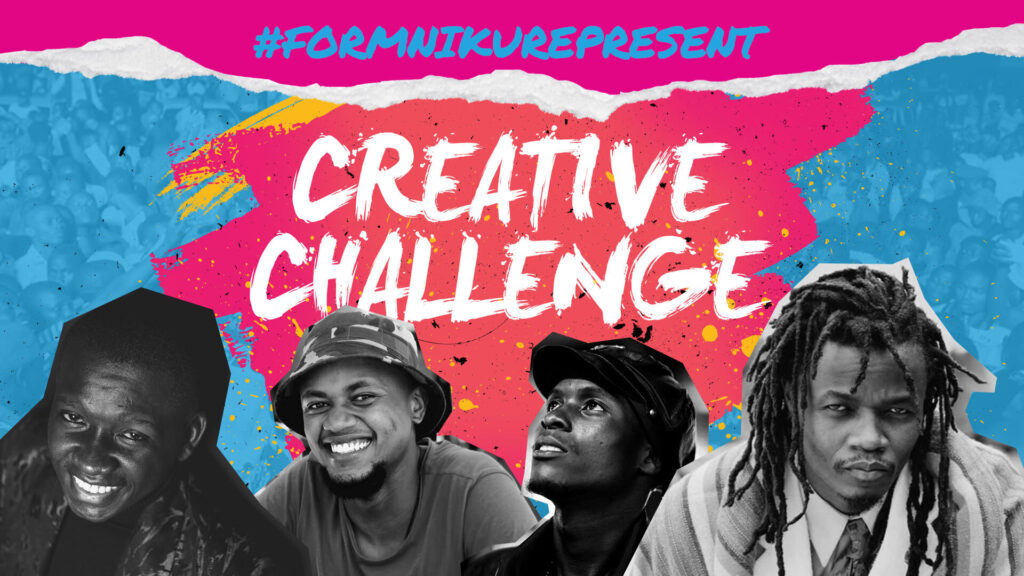
Project outcomes
Throughout #FormNiGani, we have measured the movement’s impact in terms of reach and engagement in social media, media visibility, and capturing the attitudes of young Kenyans towards contraception, outlined in the A Kenyan Creative Movement for Contraception report.
The movement’s key measurement results include:
- Increased number of mentions and coverage of #FormNiGani and family planning in traditional media
- Increased interest in family planning by young progressives on different media and social media channels in the target counties of Nairobi and Bungoma
- Increased number of mentions and coverage of family planning and #FormNiGani in social media channels
- A positive change was noted in the atmosphere around family planning by advocacy groups
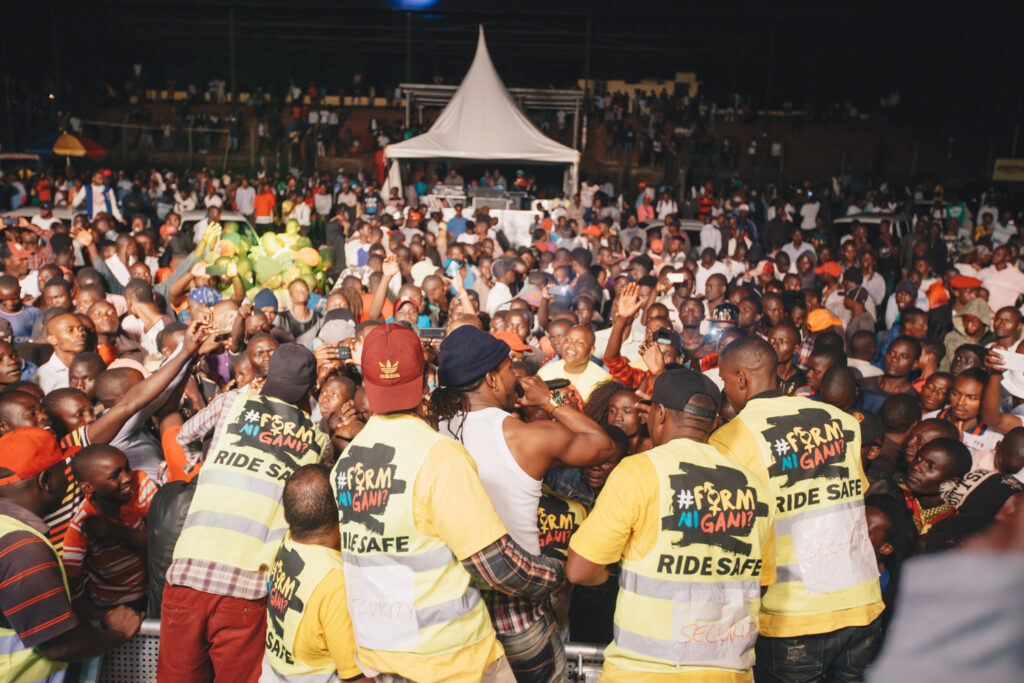
When translated into traditional and social media results, the platform’s messaging has been seen repeatedly by tens of millions of Kenyans by June 2021, earning:
- 376 million impressions on social media
- 22,2 million in print media, and
- 94,1 million in broadcast media.
The programme also helped support a six per cent increase in budgets for family planning in target counties of Nairobi and Bungoma and achieved a brand awareness of up to 50 per cent among Kenyan youth aged 19–35.
In addition, in-depth interviews with the movement’s advocacy partners indicated that the strategic focus on the future was successful both in shifting the narrative as well as in supporting and mobilising young advocates. In both Nairobi and Bungoma counties, over 90 per cent of respondents considered family planning important for their and Kenya’s future. Several of our collaborators and partners told us that they now use futures thinking in their work.
Read more
- Report: #FormNiGani Kenya in 2030: Young Voices on Future Scenarios and Contraception
- Report: #FormNiGani Young Voices: COVID-19 and Contraception
- Report: #FormNiGani: A Kenyan Creative Movement for Contraception
- Video: #FormNiGani – Creative movement for contraception in Kenya
Visit the movement’s website and follow #FormNiGani on Facebook, Twitter, and Instagram.
